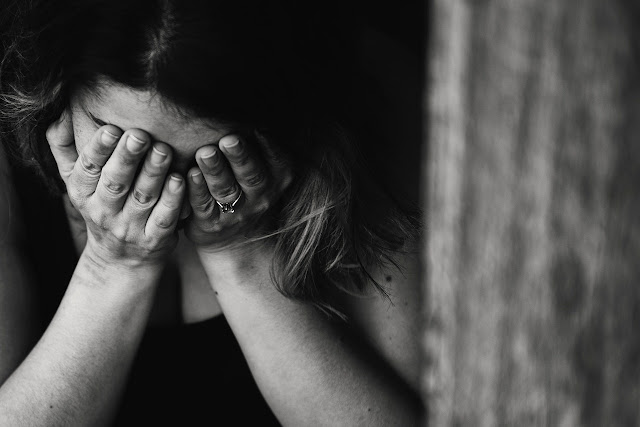Signs of Mental Illness
Mental illness is gradually losing its stigma. It seems that more of us are suffering with mental health issues than ever before. However, it’s difficult to know whether there truly has been an increase, or if we as a society are simply talking about and recognizing it more often now. Either way, recognizing the signs of mental illness is crucial in securing the appropriate treatment for ourselves or someone close to us.
There are five chief signs that a person may be suffering from mental ill-health:
A change in character
If someone you know has displayed a change in personality, this could be a significant sign. For example, if a usually outgoing person becomes quiet and withdrawn, or if a usually funny person becomes very serious. Watch out for them behaving in way that seems very different to usual or unlike themselves in some other way. Often a change in character can be one of the first signs that someone is suffering.
Uncharacteristic anger, anxiety or irritability
Some people are naturally fierier than others. However, any severe changes in a person’s emotion can be a sign that they are in distress and need help. Persistent changes in mood can be especially alarming for those around the person, whether it involves flare-ups of anger or, at the other end of the scale, bouts of uncharacteristic sadness and crying. Similarly, a person seeming frightened or threatened may be a cause for concern. Any such change needs to be noted and taken seriously.
Withdrawal and isolation
If someone you know has started to withdraw socially, this could be a warning sign. Common signs are the person canceling arrangements, not showing up to things, or suddenly increasing the amount of time they spend alone. This is especially important if the person was previously reasonably sociable. ‘Shutting down’ socially can be a prime signal that they are suffering from emotional or mental distress.
High-risk behaviors or decreased self-care
When a person is suffering from mental distress, sometimes they no longer care about their own health. When this happens, they may embark on high-risk behaviors such as illicit drug use or binge-drinking. Also, a disregard for personal hygiene or appearance can be a warning sign. If, for example, you notice someone is no longer changing their clothes regularly, or not shaving when previously they were smooth-faced, they may be in need of help.
A feeling of overwhelm or hopelessness
Sometimes, mental health issues can lead a person to experience hopelessness. They can feel that life is too hard or that their sadness or distress will never end. If someone confides in you that they’re feeling this way, it could be that they need professional help.
These five signs, especially when two or more are happening together, are signals that either you or someone else might help. If you are experiencing one or some of these symptoms, remember that you are not alone and there are places to go for help. Contact your physician for advice or approach a reputable therapeutic organization such as Ignite Teen Treatment, or a professional, licensed counselor.
If you or a loved one are encountering any of the above symptoms, be sure to speak to a doctor. It may be that you need help in how to cope with a mental illness.



